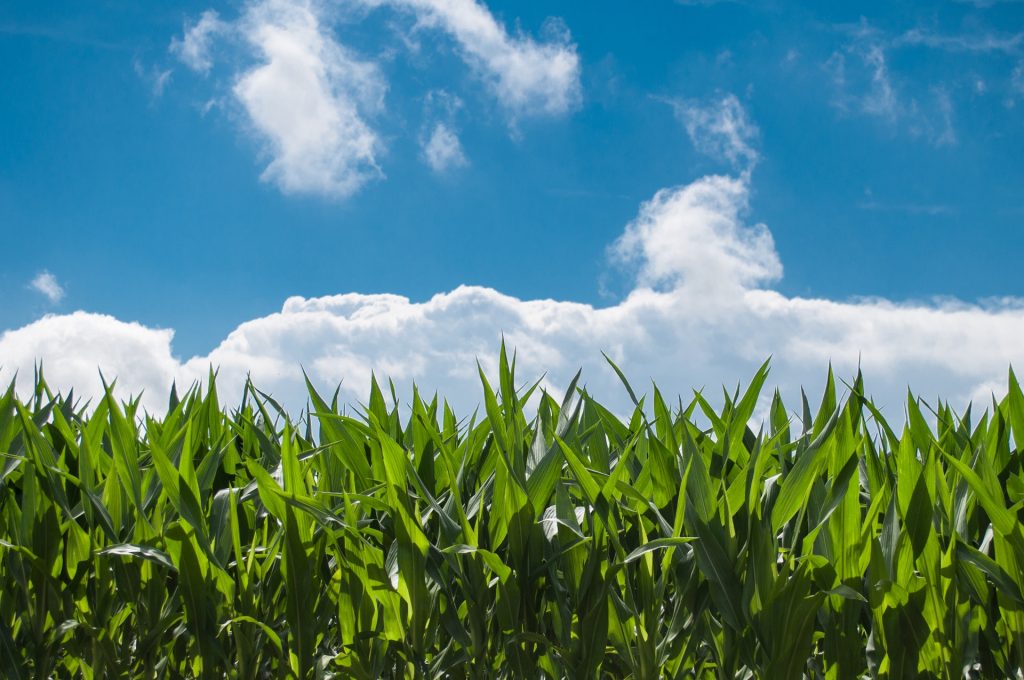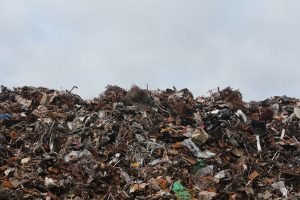
Thinking about switching to a greener method of life? Start becoming more eco-friendly by adopting habits that will last a lifetime.
The thought of changing your own life to aid in the struggle against climate change may seem quite daunting.
However, while practising sustainable living may seem tricky at first, lowering your requirement on natural resources may not be as difficult as you might think. You may decrease your carbon footprint and possible negative environmental effect by making small adjustments to your daily life.
This may mean creating and purchasing goods which were created within an ethical and eco-friendly manner, such as eco outdoor furniture when designing your outdoor area and occasionally it means changing the way you can do things so you can become aware of how your behaviours, purchase habits and consumption is affecting your lifecycle and futures.
1. Decrease car use
The majority of us use our automobile as a main mode of transportation, and that is alright!
However, one-quarter of car journeys are less than three kilometres, so the next time you pick up your car keys ask yourself if you can walk or bicycle instead. This aids in reducing the usage of natural resources, in addition to pollution. Walking or riding a bicycle may also boost your physical and emotional wellbeing!
In case you need to use a vehicle to get to work, college or another commitment, look at starting a carpool. You will get to be social, use less petrol and save cash!
2. Ensure that your electronics are totally off when not in use
Standby power may be liable for as much as 30 per cent of your energy bill, as most devices continue drawing power whenever they are not switched off correctly. Just take a fast glance around your house and you’ll realise exactly how many devices are sitting idle, waiting to be utilized.
If you’ve got a lot of appliances which are not energy efficient, you might be paying around $100 or more annually for unnecessary electricity and donating over 1000kg of greenhouse gases into the environment.
The next time you are shopping for appliances, assess standby energy consumption in the item specs. Start looking for appliances with very low quantities, ideally 1 watt or lower. To decrease energy use on the appliances you own, ensure that your devices are switched off in the wall or utilize a wise plug to prevent any electricity wastage. This could enable you to prevent unnecessary energy intake, in addition to adding large savings to your own bills!
3. Learning the art of recycling
Throwing trash into the ideal recycling bin is not the only method to recycle. Attempt to reassess what is trash and what is treasure, to prevent contributing to garbage. Becoming more aware of things such as ‘food waste’ can help a lot too — so do not be reluctant to request to carry your leftovers with you the next time you dine out.
In addition for home design, consider consulting with interior stylists when designing your homes as they may provide great input into creating eco-friendly alternatives when creating your dream home.
4. Choose renewable energy
Picking renewable energy over fossil fuels is an excellent way to prevent climate change and it’s easy to see why many individuals have already made the change to renewable sources such as solar. Solar means you are not reliant upon the grid, and skyrocketing energy rates.
Solar panels typically cover off themselves in a couple of decades, and as soon as they’re set up, they are fairly low maintenance. At exactly the same time, you are reducing your house’s greenhouse gas emissions and helping the environment. Additionally, when you’ve got excess energy, then you may sell it back into the grid.
5. Reduce plastic intake
While it’s simple for the plastic to be ‘out of sight, out of mind’ when you throw it out, plastic never disappears. It requires tens of thousands of years for it to decompose, and that’s the reason why it may be really devastating to the environment. Although plastic bottles state they are recyclable, in fact only about 5% of those we use is repurposed, and at least 50% is buried in landfills.
